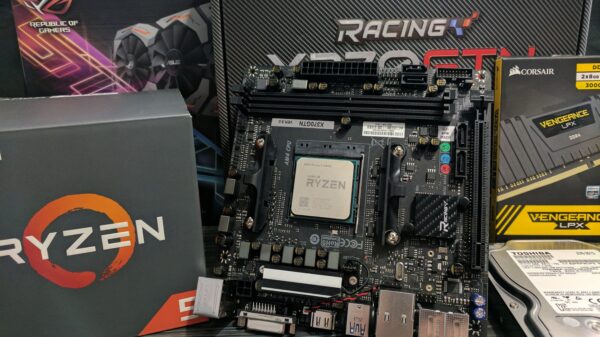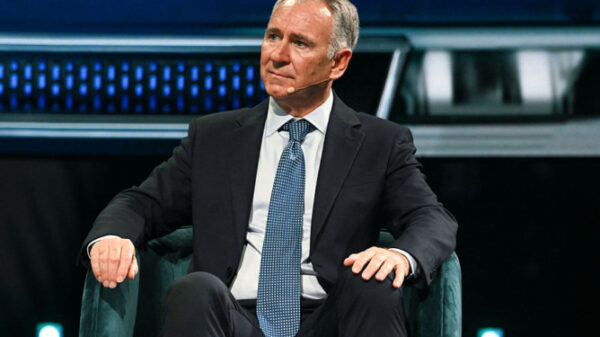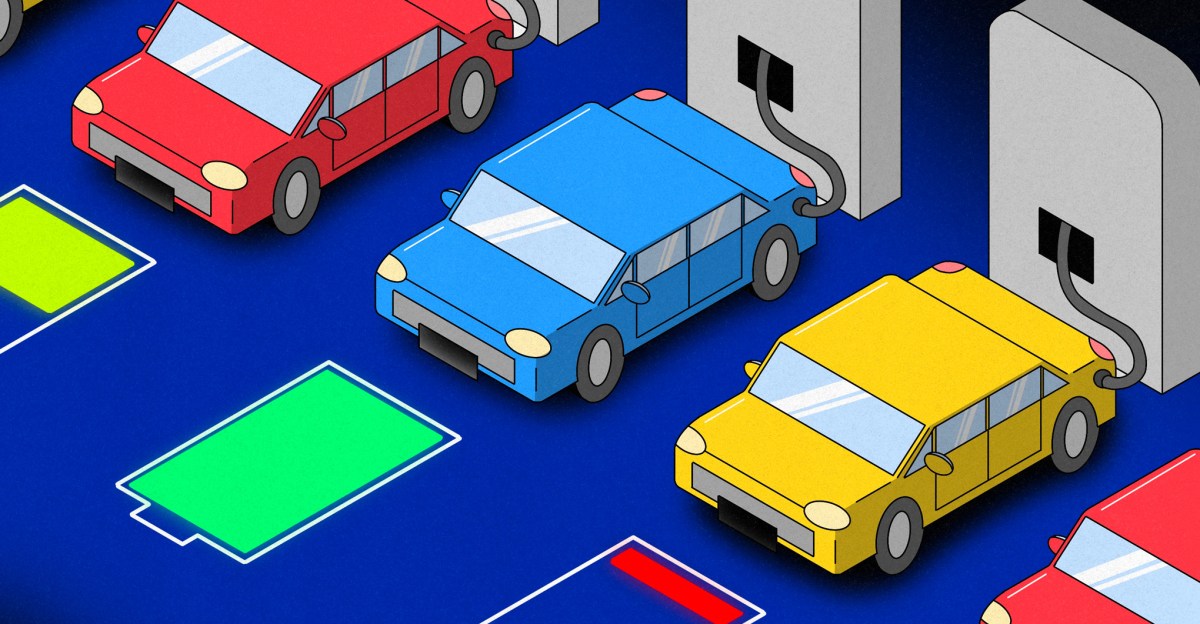Electric vehicle (EV) manufacturers are facing significant challenges as several automakers announce delays or cancellations of new models. This shift is largely driven by recent policy changes and economic factors that are making EV ownership more expensive. Despite a steady increase in overall EV sales, the landscape is becoming increasingly volatile, prompting many manufacturers to reassess their strategies.
The recent passage of President Donald Trump‘s budget bill, which totals $3.4 trillion, has severely impacted EV incentive programs. Additionally, the reversal of stricter emissions regulations previously implemented under former President Joe Biden has created further uncertainty. Automakers are now scrambling to adapt to these changes, with many pushing to sell as many EVs as possible before the expiration of the $7,500 federal tax credit in September 2025. After that deadline, the outlook for EV sales may become increasingly precarious.
According to Ivan Drury, director of insights at Edmunds, manufacturers that delayed product launches in recent years may have benefited from observing market trends. However, he warns that escalating challenges could lead to more outright cancellations, particularly for models lacking solid international demand. “Automakers that delayed launches over the last few years might have benefited from monitoring the market; however, today’s escalating challenges could be deemed insurmountable,” Drury stated.
Despite these setbacks, the demand for EVs remains strong, with surveys indicating that once consumers switch to electric, they are less likely to revert to internal combustion engines. Drury notes that nearly 45 percent of EV trade-ins result in the purchase of another electric vehicle.
Several automakers are now reevaluating their future EV plans. For instance, Ferrari has postponed the launch of its second fully electric vehicle, citing a lack of demand for high-performance electric cars. Meanwhile, Ford has cancelled its three-row electric SUV project and is focusing on developing a lineup of affordable EVs in its Silicon Valley lab. In place of electric models, Ford plans to introduce new gas and hybrid-powered SUVs.
Japanese manufacturer Honda has also put a hold on plans for a large electric SUV initially scheduled for 2027. Reports from Nikkei Asia reveal that Honda has slashed its EV expenditure through 2030, following the cancellation of a joint project with General Motors aimed at producing a new line of budget-friendly EVs. Nevertheless, Honda still intends to launch its Honda Zero models in the US next year.
Luxury automaker Lamborghini is considering delaying its first all-electric vehicle, the Lanzador, due to market conditions. Instead, it plans to introduce a performance version of its plug-in hybrid crossover. Similarly, Nissan is cutting production plans for its refreshed Leaf EV and delaying two upcoming models set to be manufactured at its Canton, Mississippi, plant. Internal communications indicate that the Leaf’s production is being pushed back by approximately 10 months due to decreasing demand linked to the reduction of EV tax credits.
On a more positive note, Rivian continues to move forward with plans to release its R2 model in 2026, bolstered by a recent $1 billion investment from its partnership with Volkswagen. However, the timeline for the much-anticipated R3 hatchback remains uncertain. Similarly, Slate Auto is expected to begin deliveries of its budget electric truck in 2026, though anticipated pricing has risen from “under $20,000” to the “mid-twenties” due to the loss of EV incentives.
Volkswagen’s affordable EVs, including the ID.EVERY1 and ID.2all, have seen a surge in global sales, up by approximately 50 percent year-on-year in the first half of 2025. However, the company is struggling to gain traction with its ID.Buzz electric van in the US, which may impact its decision to bring more affordable models to North America.
Meanwhile, Tesla faces its own challenges as it is projected to sell fewer EVs this year, marking a second consecutive annual decline. Details regarding the release of its anticipated affordable EV model, expected to be a cheaper version of the Model Y, remain undisclosed.
As the EV market continues to evolve, the landscape in China is growing rapidly, with Morgan Stanley estimating that China’s battery-electric market is now seven times larger than that of the US, with the gap expanding yearly. Drury advises that those optimistic about an all-EV future should temper their expectations. He emphasizes that while EV technology is advancing, the timeline for widespread adoption may be longer than some hope.
This period of uncertainty underscores the need for automakers to navigate a complex and shifting environment, where consumer preferences and regulatory frameworks are in constant flux. The future of electric vehicles remains promising, but immediate challenges must be addressed for sustained growth.





































































